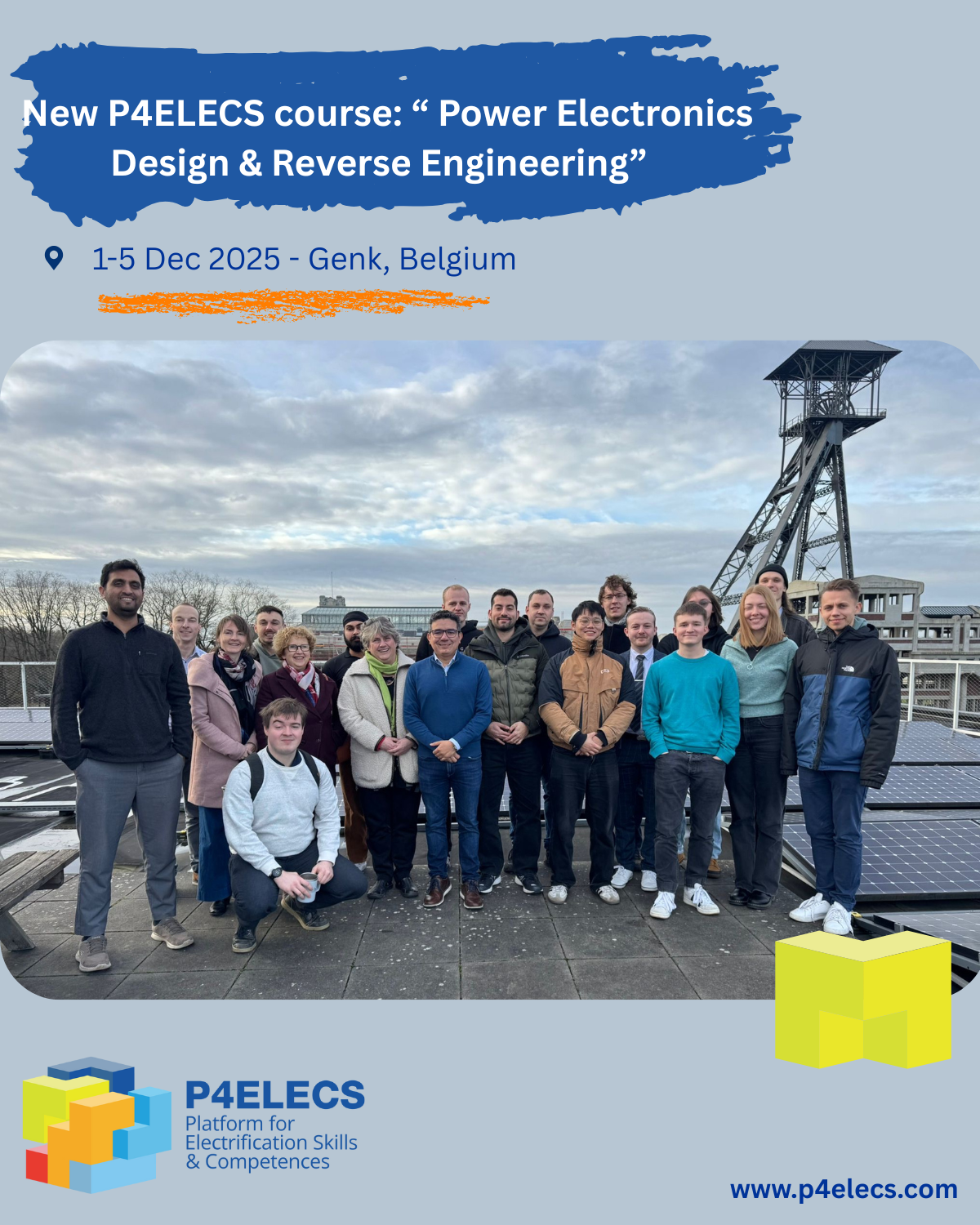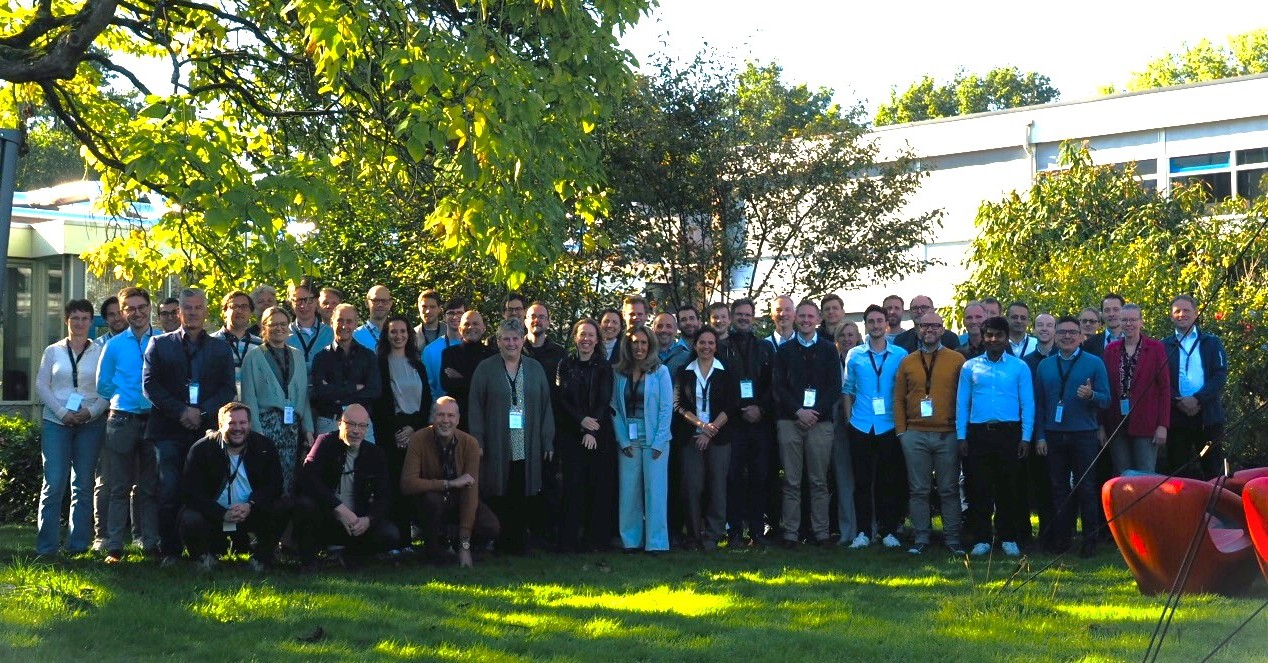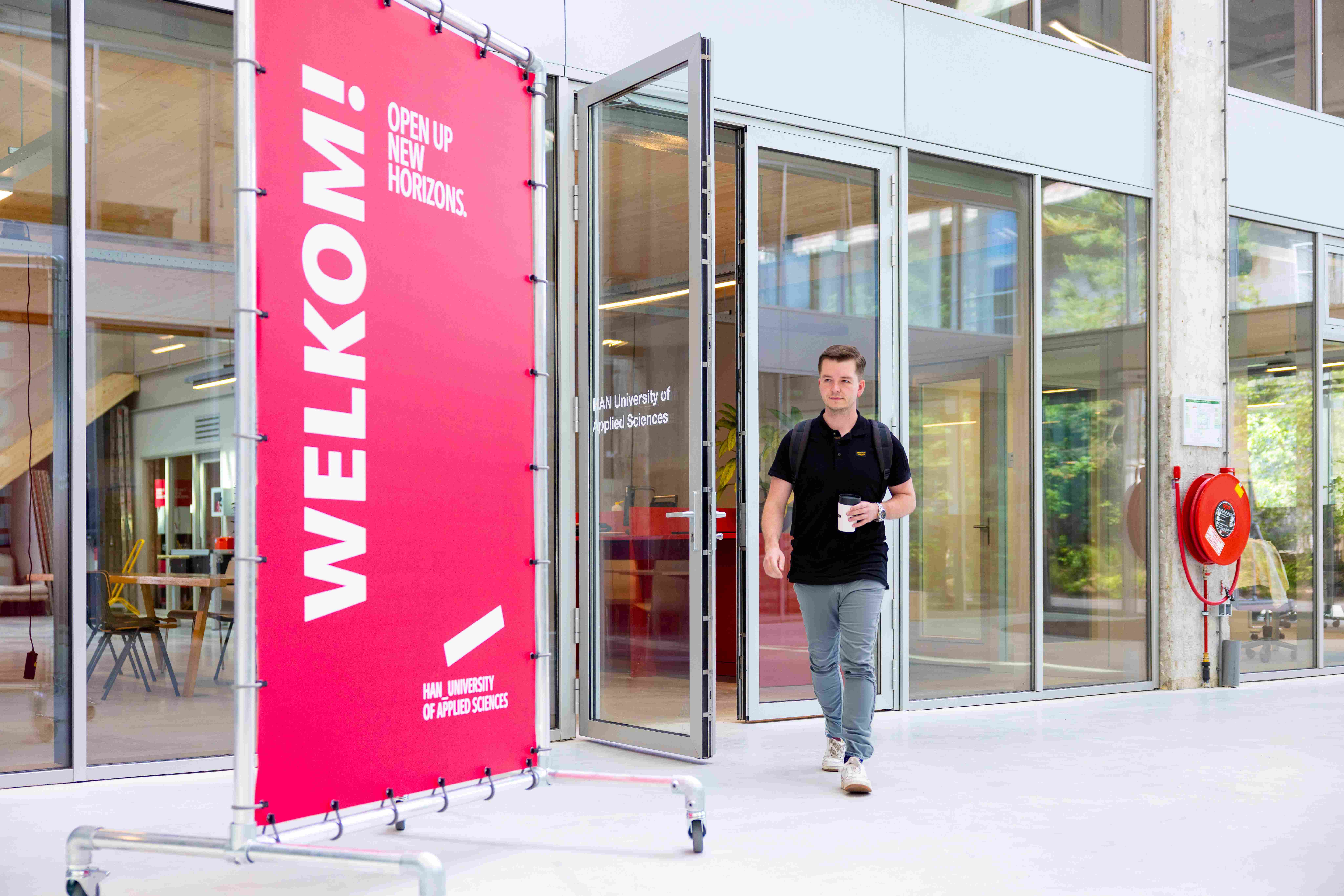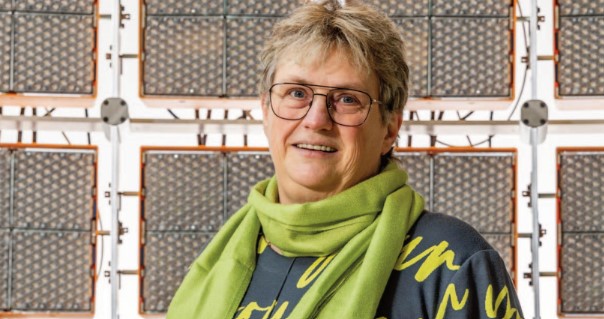
From 1 to 5 December 2025, students from KU Leuven, RWTH Aachen, Riga Technical University, TH Köln and other partner institutions gathered at EnergyVille (Thor Park, Genk, Belgium) for the physical module of the P4ELECS course “Design and Reverse Engineering of Power Electronic Converters.” The intensive week marked an important milestone in delivering advanced, practice-oriented energy-transition skills to future engineers.

Arnhem, the Netherlands – The P4ELECS community and external stakeholders recently gathered at the Sustainable Electrical Energy Centre of Expertise (SEECE) at HAN University of Applied Sciences for several inspiring days dedicated to the future of electrification skills in Europe.

We are pleased to invite press and stakeholders to the official launch of the P4ELECS Building Blocks Platform (BBP) in Arnhem, taking place on 1 October 2025 at 16:30. This is part of the P4ELECS Workshop Days (30 September – 1 October), a landmark event bringing together educators, industry and stakeholders across Europe in the electrification sector.

Policy makers, educators and industry experts from across Europe are set to gather in Arnhem this autumn for the P4ELECS Workshop Days, a high-impact event focused on the future of upskilling in the fast-evolving electrification sector. The event, scheduled for 30 September – 1 October 2025, will be hosted at HAN InnovatieLab@Connectr and HAN University of Applied Sciences.

De klimaatdoelstellingen van de EU staan of vallen met de elektrificatie van de industrie en de samenleving. Deze transitie is niet alleen een kwestie van technologie. De echte uitdaging is ook van menselijke aard. Zullen er ingenieurs en technici genoeg zijn om de ambitieuze plannen uit te voeren? En vooral hebben ze de vereiste competenties om de klus te klaren? Prof. Annick Dexters van Campus Diepenbeek werkt aan een oplossing.
We state in our privacy policy that we will not use your data for any purpose that you do not consent to. According to the law, we may store cookies on your device if they are strictly necessary for the use of the site. We require your permission for all other types of cookies. I confirm that I have read, consent and agree to P4Elecs Privacy and Cookie policy.